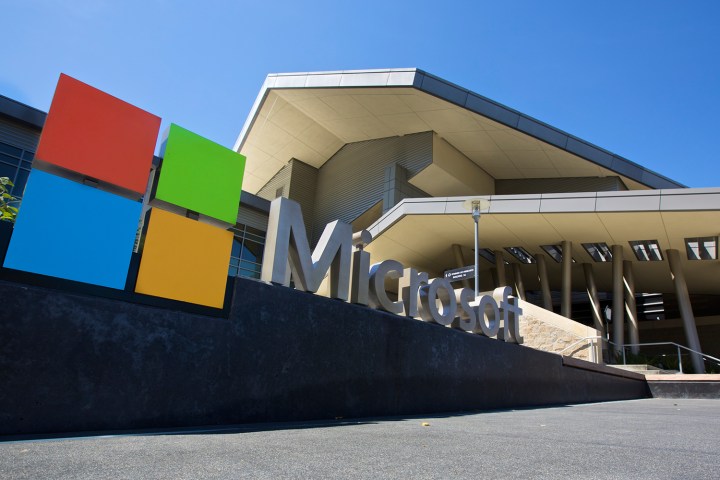
“The connected car represents an enormous opportunity for the auto industry, and at the core it’s a software challenge,” said Peggy Johnson, Microsoft’s executive vice president of business development, who was quoted in a blog post published by the company. “Our mission is to empower car makers with technology that allows them to focus on building even better driving experiences for their customers.”
Microsoft intends to offer a wide range of functionality to partners who enroll in the program, according to a report from MS Power User. As you might expect, the Windows operating system is set to be offered up, as well as the company’s technologies related to Wi-Fi and other forms of connectivity, along with its exFAT file storage and transfer solution for in-car entertainment.
However, Microsoft also plans to implement some of its existing research and development in new ways, such as by using lessons learned from the Xbox’s Kinect peripheral to develop interfaces that can be controlled via simple gestures while driving. There are also plans to keep cars and their on-board computer systems safe using the latest security advances, and the suggestion that artificial intelligence might be implemented on the road.
The first company to take Microsoft up on its offer of in-car technology is Toyota, although neither company would share details on the specifics of their agreement. This partnership comes as little surprise, as the two firms have been collaborating since April 2016 on the Toyota Connected initiative, and have enjoyed a working relationship for even longer.


